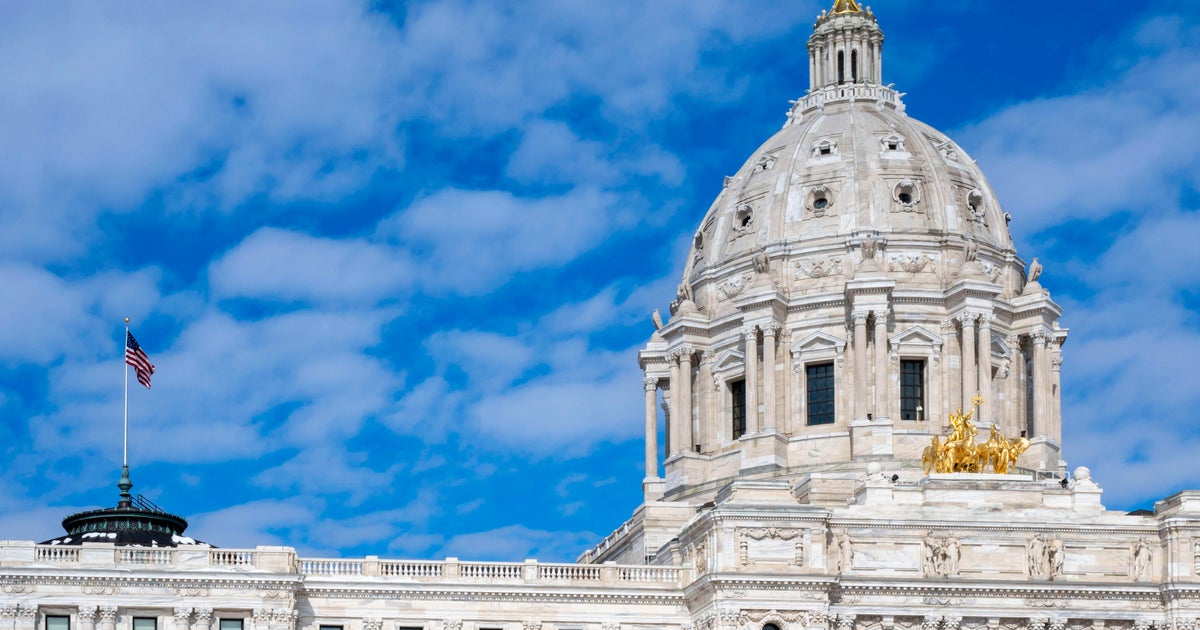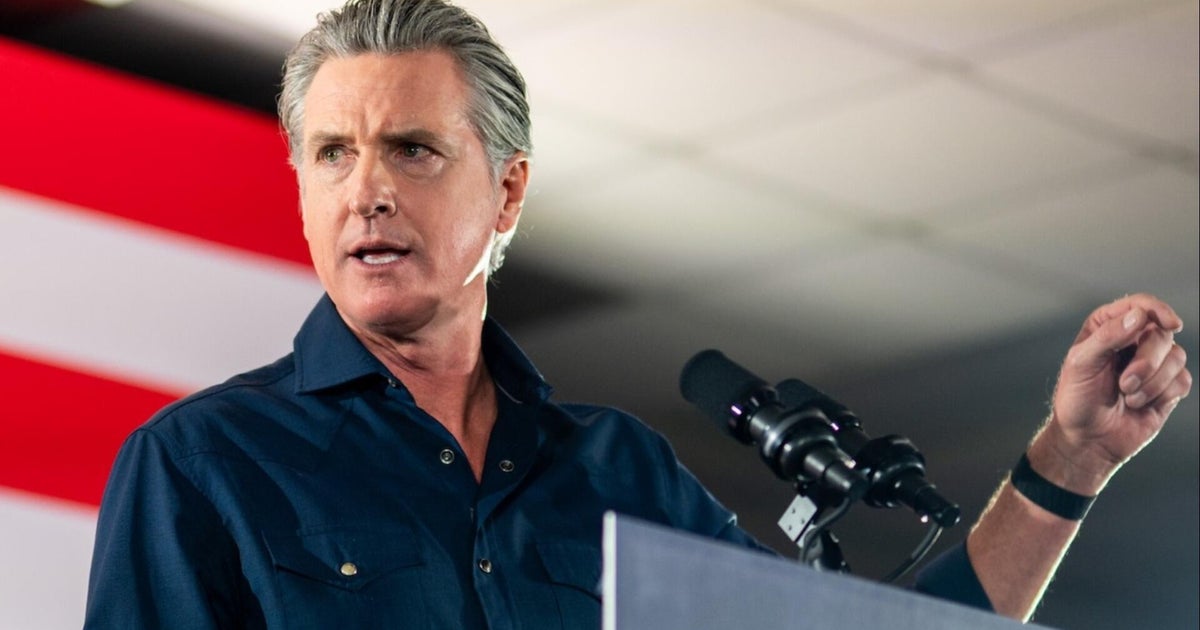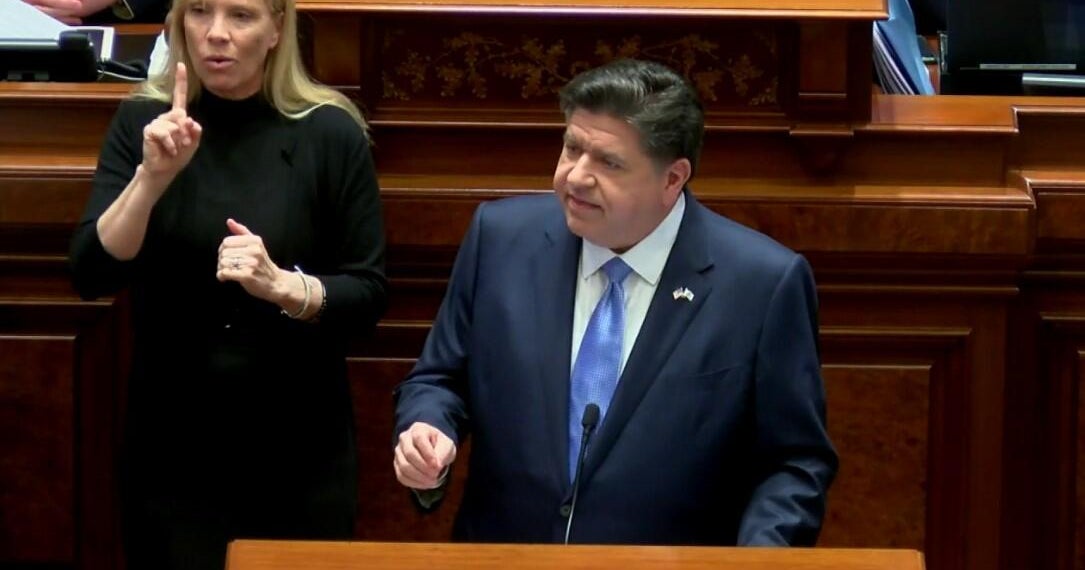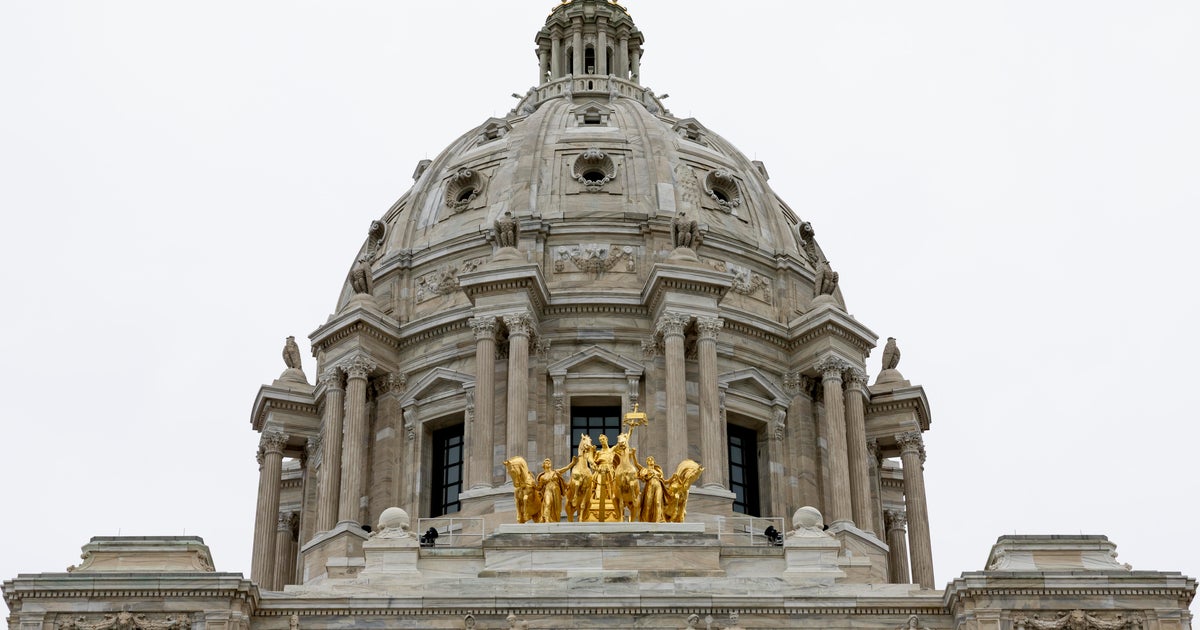What's in the debt ceiling deal — and what's not
Washington — The House and Senate both voted this week to pass legislation to suspend the debt ceiling and limit spending a few days before the U.S. was projected to default. House Speaker Kevin McCarthy and President Biden struck the deal over the weekend, and the president is expected to sign it into law soon.
The bill, known as the Fiscal Responsibility Act of 2023, attracted bipartisan support in both the House and Senate. Broadly, the bill suspends the debt ceiling — the legal limit on how much money the government can borrow to meet its obligations — and limits government spending. It also has several energy policy provisions and recoups unspent COVID-19 funds, among other things.
Here's what is in the agreement:
Suspending debt ceiling
Under the deal, the debt limit would be suspended until the first quarter of 2025, beyond the 2024 elections. Rather than raising the debt ceiling by a specific dollar amount, suspending it allows Congress to define a period of time before the debt limit would need to be addressed again. Taking this approach ensures that it can't be used for political advantage during the campaigns. It leaves the next fight over the debt ceiling for the new administration and Congress soon after the 2024 elections.
Spending caps
Republicans originally sought a 10-year cap on spending at fiscal year 2022 levels and called for dramatic cuts to domestic spending unrelated to defense. The White House proposed keeping spending at fiscal year 2023 levels for two years.
The deal does not return spending to 2022 levels and instead keeps non-defense spending about flat, with current 2023 levels for 2024. There are no budget caps after 2025 — just spending targets. For 2025, the agreement allows a small increase in non-defense spending of about 1%.
Energy permitting reform
The White House and McCarthy's negotiating team agreed on overhauling the country's permitting laws, an issue long advocated by moderate Democrats like Sen. Joe Manchin.
The provision aims to streamline the environmental review process, designating a single lead agency to be tasked with environmental review that corresponds with a clear, public timeline. Energy permitting changes are expected to speed up the time it takes to approve new projects, which environmentalists have opposed.
The measure occupies 25 pages of the 99-page bill, and also includes a provision that approves all remaining permits for the Mountain Valley Pipeline, a project championed by Manchin.
Republicans are touting the deal's change as the first significant reform to the National Environmental Policy Act since 1982.
Student loans
The deal codifies an end to student loan payment suspensions. That means loan holders will have to begin repaying their loans after August, after a more than three-year suspension.
Unspent COVID funds
Unspent COVID relief funds will be clawed back in the deal, a proposal made by Republicans and accepted by the White House. The COVID public health emergency officially ended in early May.
The exact amount available is unclear, but the Congressional Budget Office has estimated it's about $30 billion.
Work requirements
Republicans sought to toughen and add work requirements for able-bodied adults without minor dependents applying for entitlements and benefits, including Temporary Assistance for Needy Families (TANF), the Supplemental Nutrition Assistance Program (SNAP) and Medicaid. The White House pushed back.
The deal does not add work requirements for Medicaid.
Currently, people eligible for SNAP do not have work requirements after the age of 50. The deal would raise that age to 54. At the same time, SNAP would see temporary changes that eliminate work requirements for veterans and those experiencing homelessness, regardless of age.
IRS cuts
Republicans wanted about $71 billion in IRS funding over the next decade to be cut, passing legislation to do so upon taking the majority in the House and including the same cut in the debt ceiling bill the House GOP passed last month. They were targeting tens of thousands of new agents funded by the Inflation Reduction Act, and even campaigned during the midterm elections on cutting the additional IRS funding, which was aimed at modernizing the IRS and improving enforcement against high-income tax cheats.
Republicans told midterm voters that Mr. Biden and Democrats planned to send an army of 87,000 IRS agents to audit everyday Americans, to dig deeper into their pockets to pay for unfunded liberal programs, like student loan forgiveness.
According to Rep. French Hill, Republican of Arkansas, who appeared on CBS News' "Face the Nation" the day after the deal was announced, the agreement would "stop the first year of the 10-year increase in the IRS budget." That, he continued, would be "nearly $2 billion of spending stopped of that $80 billion that was to be spent over 10 years for hiring IRS agents."
Veterans' medical care
The agreement fully funds medical care for veterans, including for the toxic exposure fund at the president's requested 2024 fiscal year levels, an increase over current levels. That's been an important issue for Mr. Biden, who has connected his late son Beau's exposure to toxic burn pits to his cancer diagnosis.
What was rejected:
Rescinding climate-related provisions from Inflation Reduction Act
The agreement doesn't make any changes to the Inflation Reduction Act's clean energy and climate provisions, like clean energy projects in low-income communities. Republicans had wanted to repeal key provisions of the IRA.
New taxes
There are no new tax increases in the deal, which Mr. Biden had suggested, and Republicans rejected.
Canceling Biden's student debt relief
Republicans demanded that Mr. Biden's student debt relief be rescinded, but the bill leaves it in place.
Scott MacFarlane, Ellis Kim, Nikole Killion and Zak Hudak contributed to this report.







